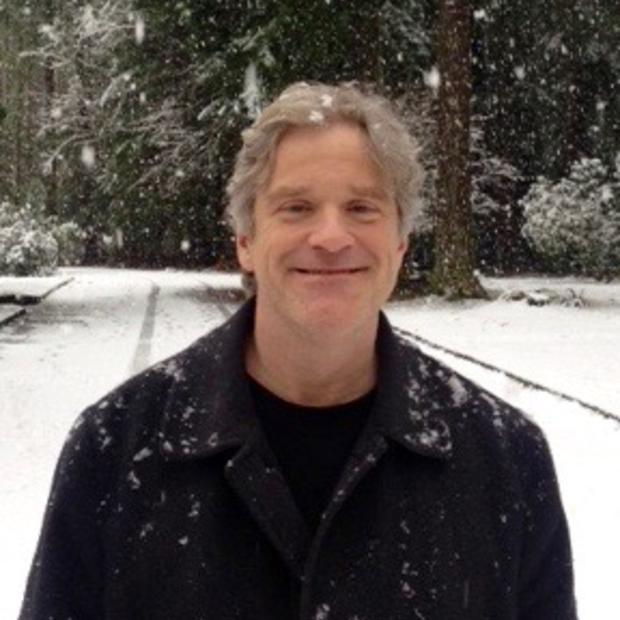In Seattle, to challenge neighborhood funding is the moral equivalent of second-guessing motherhood: Never scrutinize what is natural, unfettered, and right. As the Seattlepi.com's Chris Grygiel observes, "Seattle is made up of many diverse and, from a City Hall perspective, sometimes cranky neighborhoods."
So, how do Seattle city council members respond to slicing a sacred cow? Not very well, even in the new normal of budget austerity. Grygiel notes, "In 2010, the department had a budget of $11.5 million. The spending plan pitched for next year is $8.4 million. The number of positions would go from 86.5 to 40.25." In addition, "Councilmembers also worried that cuts to the popular P-Patch garden program would be felt, just as the city is trying to expand that program."
In a zero-sum budget, what's the trade off? More P-Patches for fewer beat cops? No one wants to tell voters that demanding law enforcement, public services and, yes, community gardens may be too much of a good thing.
In the Atlantic, Seattle's Chuck Wolfe offers an original take on Steve Jobs as land-use advocate. At his last public appearance at a hearing before the Cupertino City Council, Jobs artfully burnished plans for Apple's new mega campus (a colossus of a project).
"I'm suspending judgment on the building for now, to focus on style and Jobs' relentless pursuit of dreams. Last June 7, the way he presented and argued, with retiring charm, lit up the room," Wolfe writes. Jobs's presentation underscored the essence of his appeal: The marriage of genius and salesmanship. "Three years of law school does not teach that kind of persuasion. Such artful persistence was Jobs' magical power, a quality which we should always remember."
Is there a presumption of privacy when signing an initiative petition? If you signed the R-71 petition in 2009, for example, and your name is disseminated to the whole wide cyber-world, will you be pigeonholed as an anti-gay bigot? (Referendum 71 would have turned the clock back on domestic partnerships). It's a politically clear but legally complex question.
As Peter Callaghan writes in the Tacoma News Tribune, "I’ve always assumed petitions were public documents, as they should be. But the state for years had determined they were not. Current Secretary of State Sam Reed had reversed that position and took on the court challenge, arguing that the infringement on speech is minimal and does not outweigh the need for transparency and fraud prevention. Reed lost at the District Court, but prevailed at the Court of Appeals and at the U.S. Supreme Court."
Assuming that Reed ultimately prevails, could there be an unintended dynamic: Gun-shy petition signers? The underlying supposition is that signers are in agreement with the proposal. Does that mean by believing the marijuana-legalization initiative should be on the ballot, a voter is a closet pothead? Probably not. Well, maybe not. It depends.
Sen. Patty Murray acknowledged that her role as supercommittee co-chair is the toughest task she's ever faced. As the Seattlepi.com notes, "Murray, in summer news conferences, told Seattle reporters that as a 'mom' she learned years ago to juggle multiple responsibilities. What she’s now doing, however, is multitasking on steroids."
The paper quotes Sen. Mark Udall after a caucus meeting, "Senator Murray said it’s about the hardest thing she’s ever faced in her service here . . . because of the complexity, the time frame, and the expectations." This will be a crucible for Murray, although she hasn't exhibited signs that she isn't up to the task.
Finally, more than a century ago, restive Swedes fled by the thousands to escape the oppressive shadow of the cultural behemoth to their immediate West (read: Norway). Deluded refugees, aching to begin anew, settled in states such as Minnesota and Washington only to once again be overshadowed by their Scandinavian betters. Thankfully, long-suffering Swedish-Americans received quasi-vindication on Thursday with the announcement that Tomas Transtromer, a celebrated Swedish poet, had won the Nobel Prize in literature. As the Washington Post notes, "His poems are often built around his own experiences and infused with his love of music and nature. He also writes about history, existential questions and death." Sounds just like a Norwegian.
Link summary
Seattlepi.com, Council: Is city's neighborhood dept. being cut too much?"
The Atlantic, "Steve Jobs as land-use advcoate"
Tacoma News Tribune, "If you sign an initiative petition, do you need privacy shield?"
Seattlepi.com, "'Supercommittee' is toughest task, Murray"
Washington Post, "Swedish poet Tomas Transtromer wins Nobel for literature"


